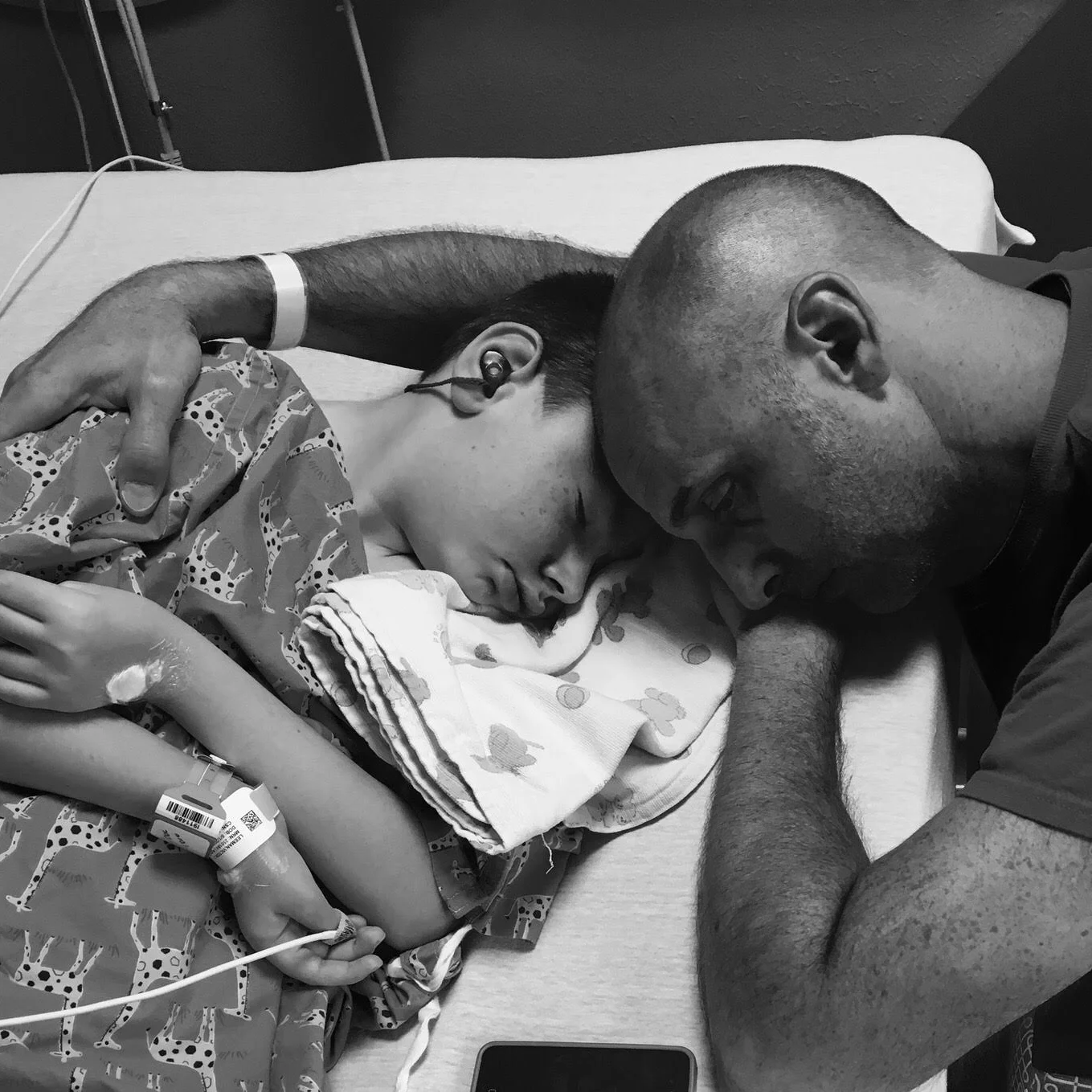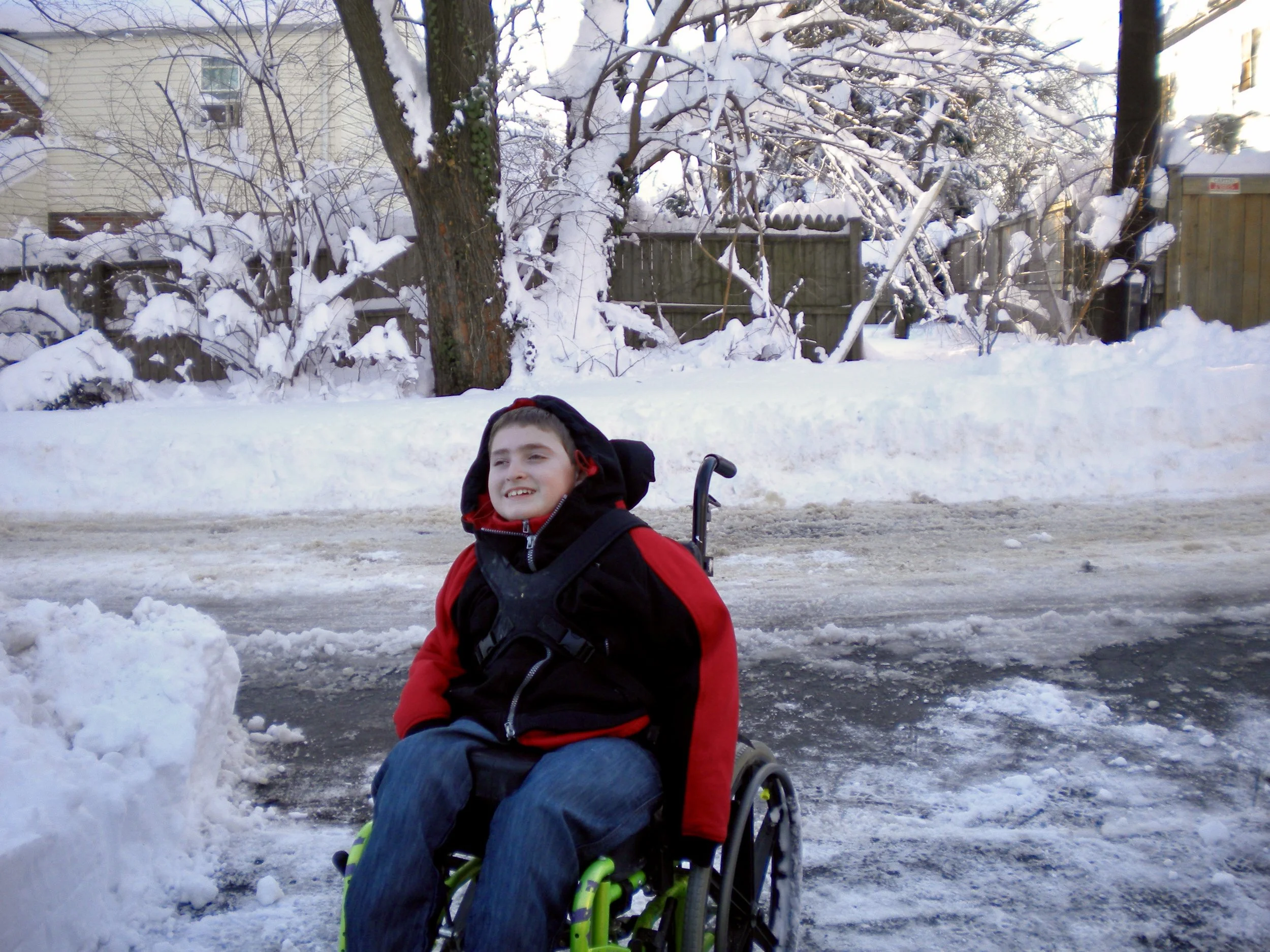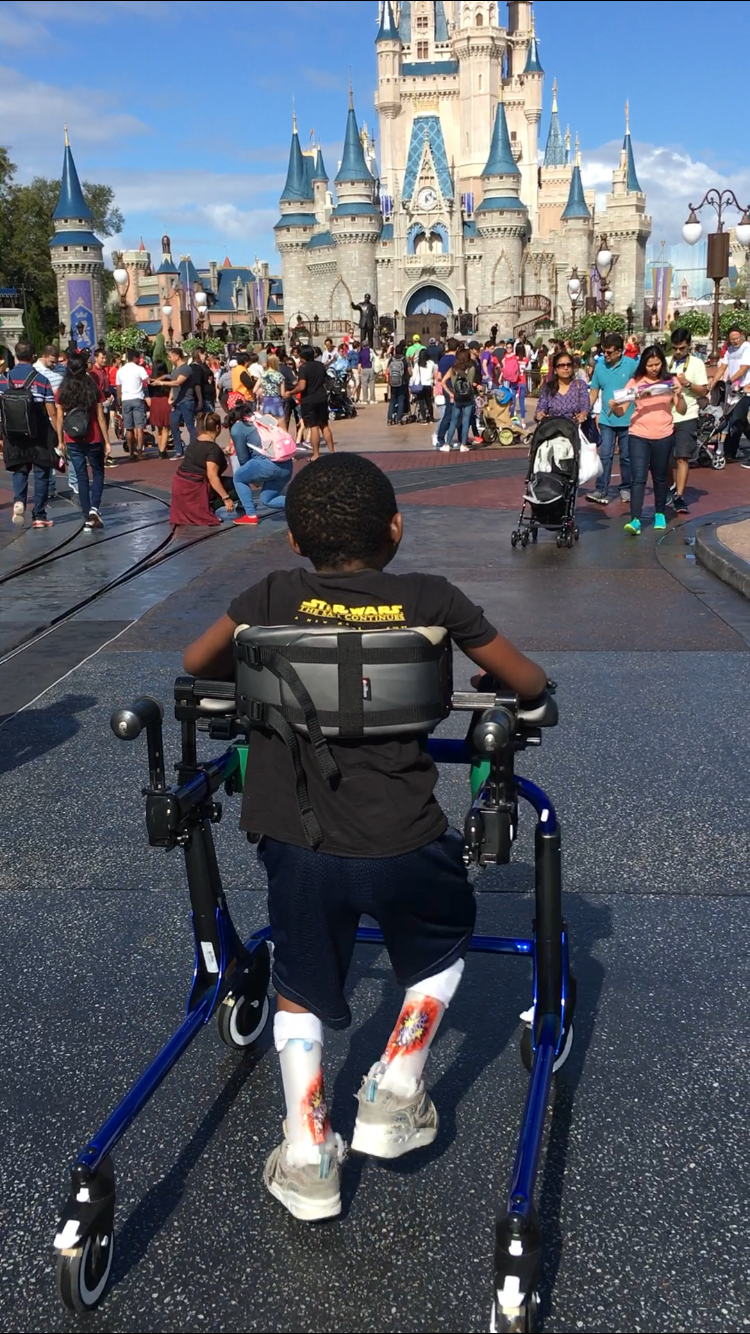Angela Eilers and her family
I’m a mother of three, living in sunny southern California. I shuttle kids to soccer practice and ice skating lessons. I also worry every day about my children’s access to health insurance. My daughter, Myka, all of ten years old, has accrued over $500k in medical costs, most of these in her first year of life. Myka was diagnosed with an undetected congenital heart defect (CHD) days after her birth. She underwent two open heart surgeries before her first birthday. She will forever be labeled as a patient with a pre-existing condition. Did I mention she’s only 10?
Myka was diagnosed with her heart defect in September of 2009, just months after the Affordable Care Act (ACA) was introduced in Congress. I watched some of the coverage while in her cardiovascular ICU room after her first open heart surgery when she was just three-and-a-half months old. Even before we knew we had a child with a serious pre-existing condition, I had supported the bill vehemently. A CHD diagnosis was by far the most frightening news we had ever received. Her second surgery was at 11 months old. Surgery never cures a child with CHD. She will live with this condition for her entire life.
Myka is an otherwise healthy girl. She loves school, her friends, ice skating, and American Ninja Warrior. But. Underneath her tough exterior, she will be monitored by cardiologists for the rest of her life. She will require yearly echocardiograms to monitor the blood flow coming in and out of her heart.
The ACA created consumer protections for every American, young and old. Before the ACA, people faced lifetime caps and were often denied coverage for having a pre-existing condition, including conditions like Myka has. I was relieved when the ACA passed Congress and was signed into law by President Barack Obama in 2010.
The ACA cleared the way for us to become entrepreneurs in 2013. At the end of 2012, due to the economic downturn, my husband was laid off from his job as a research analyst, and his job provided our health insurance. Before the ACA, employer-sponsored health care had chained us to jobs working for other people. Because we knew the ACA insurance exchanges would begin opening in states by October 2013, we decided to take the leap to start our own business. The ACA meant that, despite having a child with a serious pre-existing condition, we knew would not be denied coverage.
So we started our own company: Eilers & Krejcik Gaming LLC. It wasn’t all easy. First, we had to use COBRA to extend my husband’s employer-based health plan, and the ACA plan we needed was expensive. But we had no choice: Having access to healthcare was as vital to our family as a roof over our head or food on our table. The ACA doesn’t just provide peace of mind for our family. The ACA helps 135 million other individuals and their families living with pre-existing conditions or chronic illnesses that would bankrupt them. In my congressional district alone, 319,000 people live with a pre-existing condition.
It’s up to parents like myself to protect the health care of children like mine. But we cannot do it alone. We need everyone’s help. The health and well-being of millions of people hang in the balance. I’m a mother doing everything I can to protect my child. I’m no different than any other parent who would move mountains to protect their child. Trump’s effort to overturn the ACA is an egregious assault on the health of the most fragile. We must all hold the Trump Administration and elected officials accountable for this potential loss of health care.
Angela Eilers lives in Yorba Linda, California, with her family. She is a member of Little Lobbyists.



![[image description: Mom Gillian with Raphael and his baby sister and dad seated together in front of a window]](https://images.squarespace-cdn.com/content/v1/59d8124080bd5eadd869b8b7/1571918528727-GRAUH7S9QRFLS81NFHU7/Mom+Gillian+with+Raphael+and+his+dad+and+baby+sister)
















